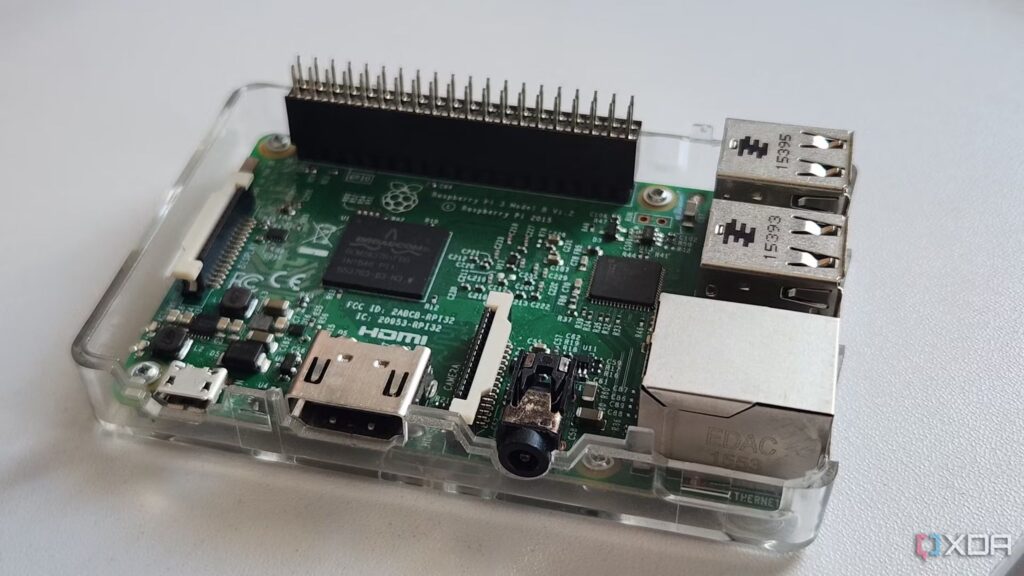
BREAKING NEWS: Researchers have just announced a groundbreaking development in health technology, revealing that a Raspberry Pi can achieve clinical-level heart rate monitoring using Wi-Fi signals—eliminating the need for wearables. This innovative approach could revolutionize how we track our health, making it more accessible and affordable.
A team of researchers from [insert university or organization] published their findings today, confirming that Wi-Fi signals can detect heart rates with remarkable accuracy. This new method utilizes a standard Raspberry Pi Wi-Fi chip, signifying a major leap in medical technology that is both cost-effective and easy to implement.
Why does this matter? The implications for public health are profound. With millions of people relying on wearables for health monitoring, this discovery could broaden access to heart rate tracking, especially in underserved communities where such devices may be financially out of reach.
The study indicates that the accuracy of heart rate detection through Wi-Fi is comparable to traditional wearable devices. For individuals and healthcare providers alike, this could mean a shift towards more comprehensive health monitoring without the burden of additional costs.
This is not just a theoretical concept—researchers have successfully demonstrated this technique in controlled environments, paving the way for real-world applications. The researchers are now calling for further studies to explore how this technology can be integrated into everyday health monitoring practices.
As this story develops, many will be watching for potential applications in hospitals and clinics, as well as in personal health tracking. The team anticipates that with further refinement, this technology could be available for public use as early as [insert estimated timeline if available].
Stay tuned as we continue to follow this developing story—could your next health check-up be as simple as standing near a Wi-Fi router? This breakthrough not only reflects the rapid advancement of technology but also highlights the potential for improving health outcomes globally.
Share this news with friends and family—this could change the way we monitor our heart health forever!






